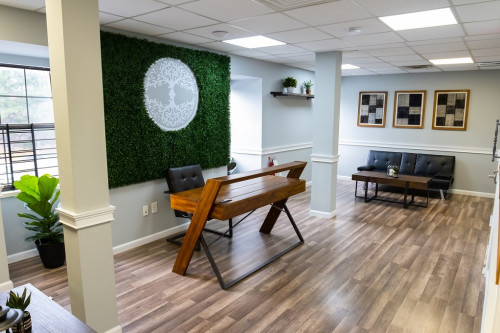
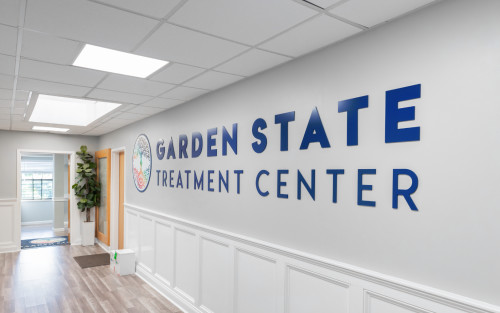
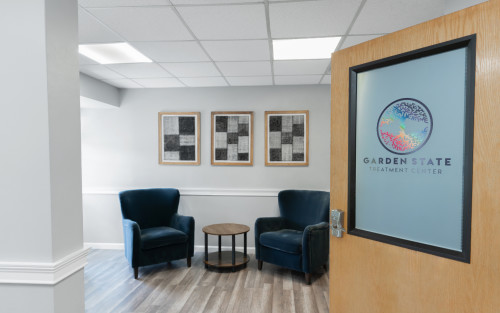






Garden State Treatment Center
Verified Center
This provider's information has been quality-checked by Recovery.com's Research Team for accuracy and completeness, including center verification through appropriate third-party organizations.
Treatment Focus
This center treats substance use disorders and co-occurring mental health conditions. Your treatment plan addresses each condition at once with personalized, compassionate care for comprehensive healing.
Primary Level of Care
Outpatient treatment offers flexible therapeutic and medical care without the need to stay overnight in a hospital or inpatient facility. Some centers off intensive outpatient program (IOP), which falls between inpatient care and traditional outpatient service.
Treatment Focus
This center treats substance use disorders and co-occurring mental health conditions. Your treatment plan addresses each condition at once with personalized, compassionate care for comprehensive healing.
Primary Level of Care
Outpatient treatment offers flexible therapeutic and medical care without the need to stay overnight in a hospital or inpatient facility. Some centers off intensive outpatient program (IOP), which falls between inpatient care and traditional outpatient service.
Provider's Policy
Garden State Treatment Center works with most major health insurance plans and providers to help cover the costs of your addiction treatment. If your insurance is not listed here, please contact us for an instant coverage verification because this is only a partial list and we accept many more.
Garden State Treatment Center
Garden State Treatment Center
About Garden State Treatment Center
Garden State Treatment Center provides individualized care for clients with substance use disorders and co-occurring mental health issues. They offer day treatment (partial hospitalization), intensive outpatient (IOP), evening intensive outpatient care, outpatient, and virtual telehealth. Garden State’s team does a thorough assessment upon arrival, so clients’ treatment plans are customized to their needs.
Continuum of Care
Garden State Treatment Center offers a variety of outpatient programs to meet clients' needs at different stages of recovery. Their day treatment program is designed for clients needing high care and support. Clients receive more hours of personalized therapy sessions in this program. Garden State's intensive outpatient program meets multiple days weekly but has fewer program hours than day treatment. This program is ideal for clients who can continue working, attending school, and caring for their children while receiving treatment.
The center's outpatient program is ideal for clients who are farther along in their recovery and require fewer treatment hours. Clients can stay in any of the center's outpatient programs for as long as needed, but the average stay is 3-4 months. Garden State Treatment Center also provides education on proper medication management.
Well-Rounded Therapies
Garden State Treatment Center’s doctors, therapists, and nurses use a variety of therapies to create a comprehensive treatment plan. Clients participate in 1:1 therapy, group therapy, and family therapy. Garden State offers evidence-based therapies like cognitive behavioral therapy (CBT), relapse prevention planning, trauma therapy, and 12-Step facilitated group. They also offer SMART Recovery—an alternative support group to the 12 Steps that focuses on building skills to manage cravings. Garden State fosters holistic healing through adventure therapy, massage therapy, mindfulness techniques, and yoga.
Connected Recovery
Garden State Treatment Center offers various supportive services to assist clients throughout their rehabilitative journey. Their family program includes loved ones in the healing process through family therapy. Clients participate in educational sessions that discuss relapse prevention and emotional sobriety. Staff can also help clients find supportive housing. Garden State Treatment Center’s alumni program has regular in-person and virtual meetings and social outings.

Highlights from the Center
Highlights
These highlights are provided by and paid for by the center.
1-on-1 Counseling
Doctor Level Therapists
Center Overview
Treatment Focus
This center treats substance use disorders and co-occurring mental health conditions. Your treatment plan addresses each condition at once with personalized, compassionate care for comprehensive healing.
Joint Commission Accredited
The Joint Commission accreditation is a voluntary, objective process that evaluates and accredits healthcare organizations (like treatment centers) based on performance standards designed to improve quality and safety for patients. To be accredited means the treatment center has been found to meet the Commission's standards for quality and safety in patient care.
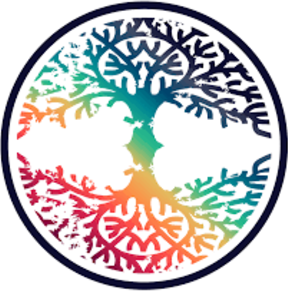
Garden State Treatment Center
Insurance Accepted
Cash Pay Rates
Estimated Cash Pay Rate
Center pricing can vary based on program and length of stay. Contact the center for more information. Recovery.com strives for price transparency so you can make an informed decision.




Additional Recreate Behavioral Health Network Locations
Recovery.com Verified Listing
Recovery.com verified that the name, location, contact information and license to operate for this treatment provider are valid and up-to-date.

Joint Commission Accredited

Licensed by New Jersey
Recovery.com is an independent, third-party mental health resource. Verification does not imply endorsement and does not guarantee the quality of treatment services.
Meet Your Care Team

WILLIAM MAHONEY
Group Facilitator

ALEX COSTA
Chief Marketing Officer
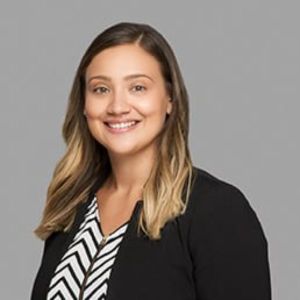
Amanda Timonere
Chief Clinical Officer
LMHC, NCC, CCMHC, MCAP

Anne Marie Schlomann
APN

CHELSEA KOZIAR
Director of Admissions

DANIEL REDMOND
Continuity of Care Coordinator

Daniel Schaffer
Chief Executive Officer
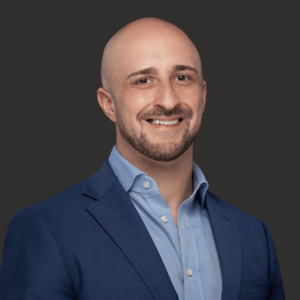
DAVID GOLOSKI
National Director of Alumni Services

DEMETRI BOTSARIS
Sr. Director of Business Development

Dr. Michael Ganon
Medical Director
DO

Joel Wishnia
Chief Operating Officer
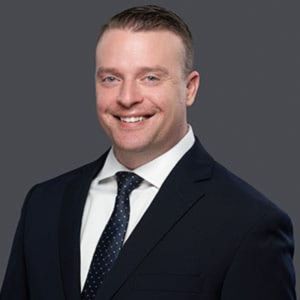
JONATHAN MACCIOCCA
Director of Business Development
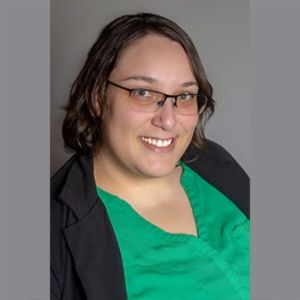
Kaitlin Rodio
Primary Therapist
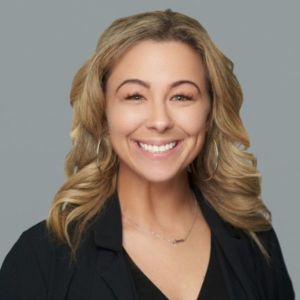
LEANNA KURNEL
Alumni Coordinator
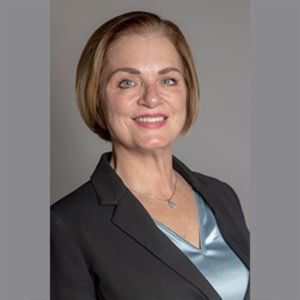
MARY CULP
Community Outreach
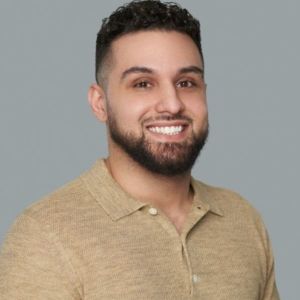
Paul Cordero
Director of Operations

Sharon Alexander
Primary Therapist
MA, MFT
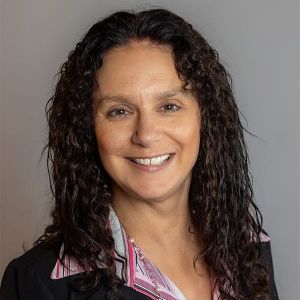
Toni Manzione
Clinical Director
LCSW, LCADC, ACS, CCS
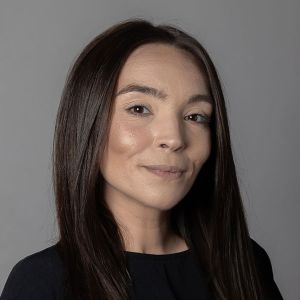
Brittany Douglas
Case Manager

Christina Scherer
Family Services Advocate
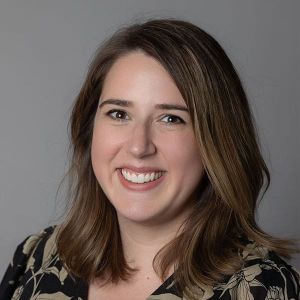
Courtney Williams
Primary Therapist
LSW
Your Care Options
Specializations
Adventure Therapy
This experiential approach uses the physical and emotional challenges of outdoor activities as tools for personal growth.
Alcohol
Using alcohol as a coping mechanism, or drinking excessively throughout the week, signals an alcohol use disorder.
Co-Occurring Disorders
A person with multiple mental health diagnoses, such as addiction and depression, has co-occurring disorders also called dual diagnosis.
Cocaine
Cocaine is a stimulant with euphoric effects. Agitation, muscle ticks, psychosis, and heart issues are common symptoms of cocaine abuse.
Drug Addiction
Drug addiction is the excessive and repetitive use of substances, despite harmful consequences to a person's life, health, and relationships.
Heroin
Heroin is a highly addictive and illegal opioid. It can cause insomnia, collapsed veins, heart issues, and additional mental health issues.
Opioids
Opioids produce pain-relief and euphoria, which can lead to addiction. This class of drugs includes prescribed medication and the illegal drug heroin.
Outpatient
During outpatient rehab, patients attend a structured treatment program while continuing to live at home.
Who We Treat
Older Adults
Addiction and mental health treatment caters to adults 55+ and the age-specific challenges that can come with recovery, wellness, and overall happiness.
Executives
Executive treatment programs typically directly support the needs of people who manage businesses and may provide flexible schedules and office space to allow work during treatment.
Young Adults
Emerging adults ages 18-25 receive treatment catered to the unique challenges of early adulthood, like college, risky behaviors, and vocational struggles.
LGBTQ+
Addiction and mental illnesses in the LGBTQ+ community must be treated with an affirming, safe, and relevant approach, which many centers provide.
Men and Women
Men and women attend treatment for addiction in a co-ed setting, going to therapy groups together to share experiences, struggles, and successes.
Pregnant Women
Addiction and mental health treatment meets the clinical and psychological needs of pregnant women, ensuring they receive optimal care in all areas.
Treatment Services
Day Treatment
In a PHP, patients live at home but follow an intensive schedule of treatment. Most programs require you to be on-site for about 40 hours per week.
Intensive Outpatient Program
In an IOP, patients live at home or a sober living, but attend treatment typically 9-15 hours a week. Most programs include talk therapy, support groups, and other methods.
Outpatient
During outpatient rehab, patients attend a structured treatment program while continuing to live at home.
Approaches
Evidence-Based
A combination of scientifically rooted therapies and treatments make up evidence-based care, defined by their measured and proven results.
Individual Treatment
Individual care meets the needs of each patient, using personalized treatment to provide them the most relevant care and greatest chance of success.
Twelve Step
Incorporating spirituality, community, and responsibility, 12-Step philosophies prioritize the guidance of a Higher Power and a continuation of 12-Step practices.
Therapies
Adventure Therapy
This experiential approach uses the physical and emotional challenges of outdoor activities as tools for personal growth.
Experiential Therapy
With this approach, patients heal by doing. Therapists help patients process difficult emotions to speak, using guided activities like art or dance.
Expressive Arts
Creative processes like art, writing, or dance use inner creative desires to help boost confidence, emotional growth, and initiate change.
Family Therapy
Family therapy addresses group dynamics within a family system, with a focus on improving communication and interrupting unhealthy relationship patterns.
Life Skills
Teaching life skills like cooking, cleaning, clear communication, and even basic math provides a strong foundation for continued recovery.
Psychoeducation
This method combines treatment with education, teaching patients about different paths toward recovery. This empowers them to make more effective decisions.
Relapse Prevention Counseling
Relapse prevention counselors teach patients to recognize the signs of relapse and reduce their risk.
Conditions We Treat
ADHD, ADD
ADHD is a common mental health condition caused by dopamine imbalance. Common symptoms include inattention, hyperactivitiy, and impulsivity.
Anger
Although anger itself isn't a disorder, it can get out of hand. If this feeling interferes with your relationships and daily functioning, treatment can help.
Anxiety
Anxiety is a common mental health condition that can include excessive worry, panic attacks, physical tension, and increased blood pressure.
Bipolar
This mental health condition is characterized by extreme mood swings between depression, mania, and remission.
Codependency
Codependency is a pattern of emotional dependence and controlling behavior. It's most common among people with addicted loved ones.
Depression
Symptoms of depression may include fatigue, a sense of numbness, and loss of interest in activities. This condition can range from mild to severe.
Obsessive Compulsive Disorder (OCD)
OCD is characterized by intrusive and distressing thoughts that drive repetitive behaviors. This pattern disrupts daily life and relationships.
Post Traumatic Stress Disorder
PTSD is a long-term mental health issue caused by a disturbing event or events. Symptoms include anxiety, dissociation, flashbacks, and intrusive thoughts.
Self-Harm
The act of intentionally harming oneself, also called self-injury, is associated with mental health issues like depression.
Substances We Treat
Alcohol
Using alcohol as a coping mechanism, or drinking excessively throughout the week, signals an alcohol use disorder.
Benzodiazepines
Benzodiazepines are prescribed to treat anxiety and sleep issues. They are highly habit forming, and their abuse can cause mood changes and poor judgement.
Chronic Relapse
Consistent relapse occurs repeatedly, after partial recovery from addiction. This condition requires long-term treatment.
Co-Occurring Disorders
A person with multiple mental health diagnoses, such as addiction and depression, has co-occurring disorders also called dual diagnosis.
Cocaine
Cocaine is a stimulant with euphoric effects. Agitation, muscle ticks, psychosis, and heart issues are common symptoms of cocaine abuse.
Drug Addiction
Drug addiction is the excessive and repetitive use of substances, despite harmful consequences to a person's life, health, and relationships.
Ecstasy
Ecstasy is a stimulant that causes intense euphoria and heightened awareness. Abuse of this drug can trigger depression, insomnia, and memory problems.
Heroin
Heroin is a highly addictive and illegal opioid. It can cause insomnia, collapsed veins, heart issues, and additional mental health issues.
Psychedelics
Hallucinogenic drugs—like LSD—cause euphoria and increased sensory experiences. When abused, they can lead to depression and psychosis.
Languages
Aftercare
Care Designed for Your Needs
Personal Amenities
Amenities
Special Considerations
Gender-specific groups
Patients in gender-specific groups gain the opportunity to discuss challenges unique to their gender in a comfortable, safe setting conducive to healing.
Activities
Off-Site Activities
Yoga
Yoga is both a physical and spiritual practice. It includes a flow of movement, breathing techniques, and meditation.

Learn More About the Center
Evening Intensive Outpatient Program
Learn how Garden State’s evening intensive outpatient program is a great option for those who need flexibility.
Alumni Program
Explore how Garden State keeps clients connected after treatment.
12-Step Recovery
Read what 12-Step recovery looks like at Garden State Treatment Center.
Teletherapy
Discover how accessible healing can be with Garden State’s telehealth program.
What people are saying
Treatment
5.0
Accommodations
5.0
Food & Nutrition
5.0
Value
5.0
Chrissy RN
Treatment in 2025 • (30 days) • Reviewed 10/17/25
Former Client
•RN





